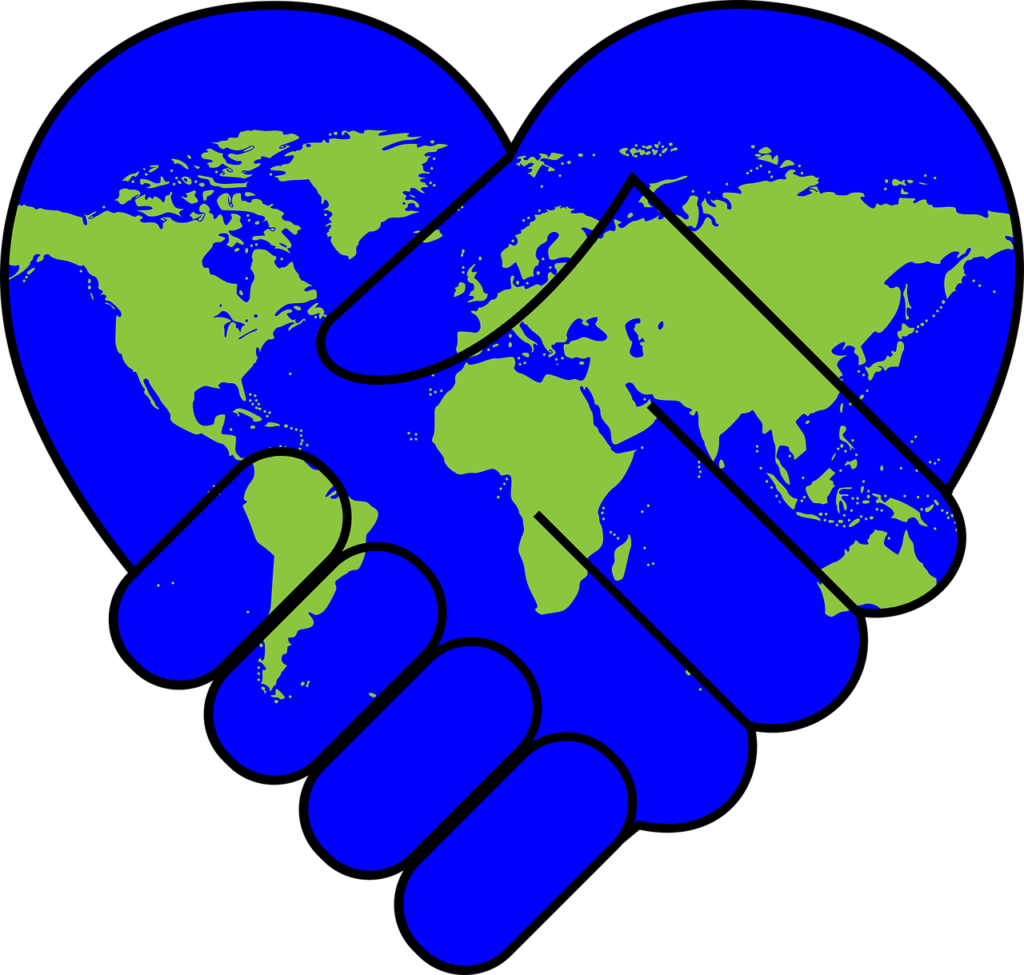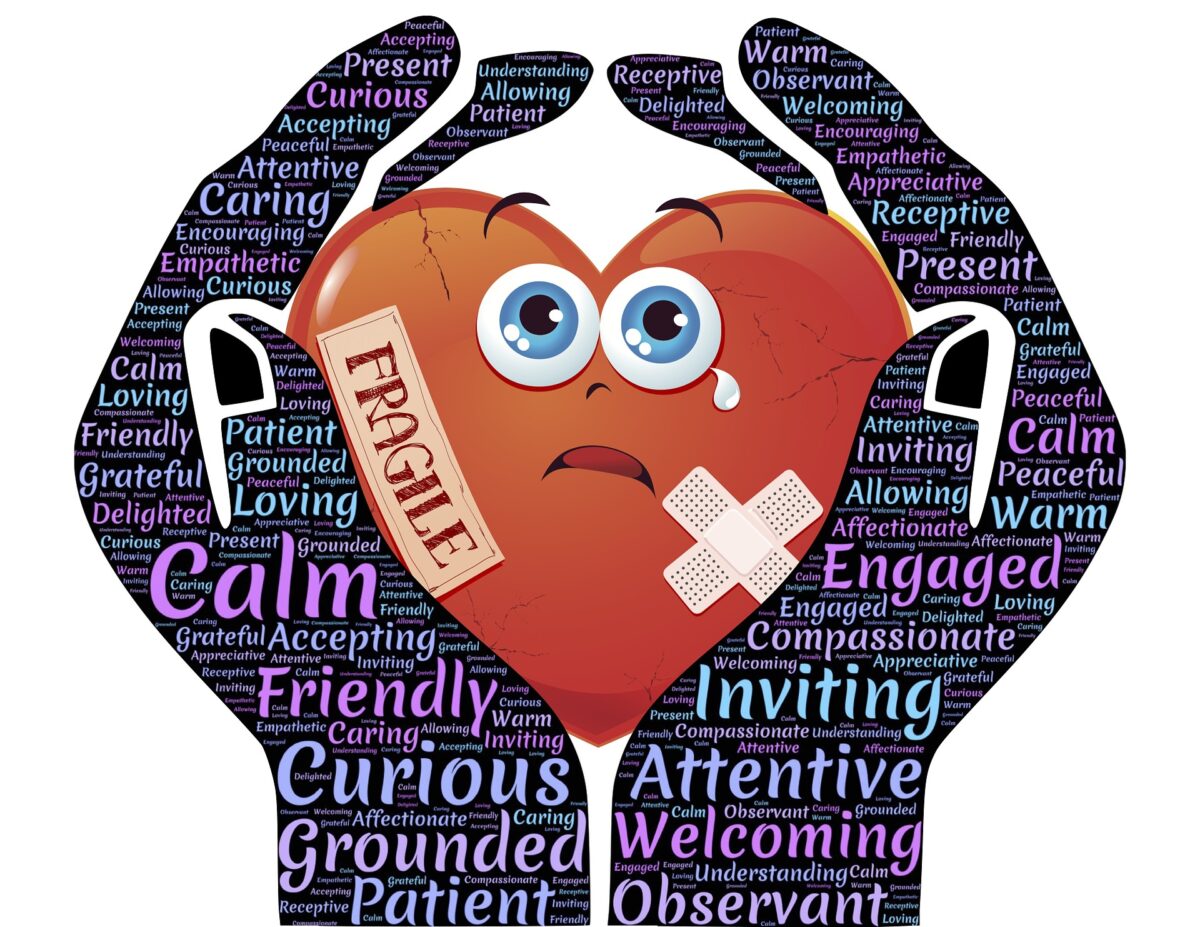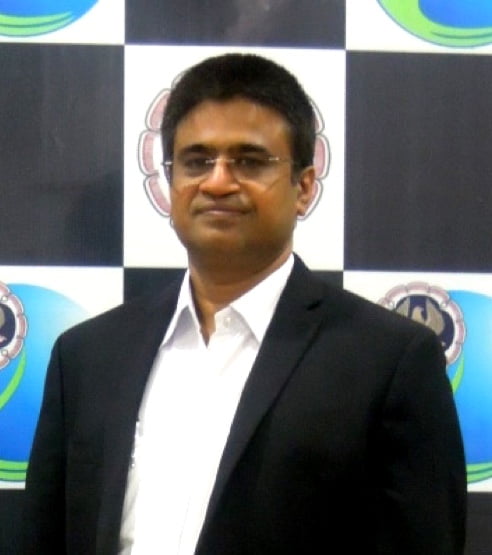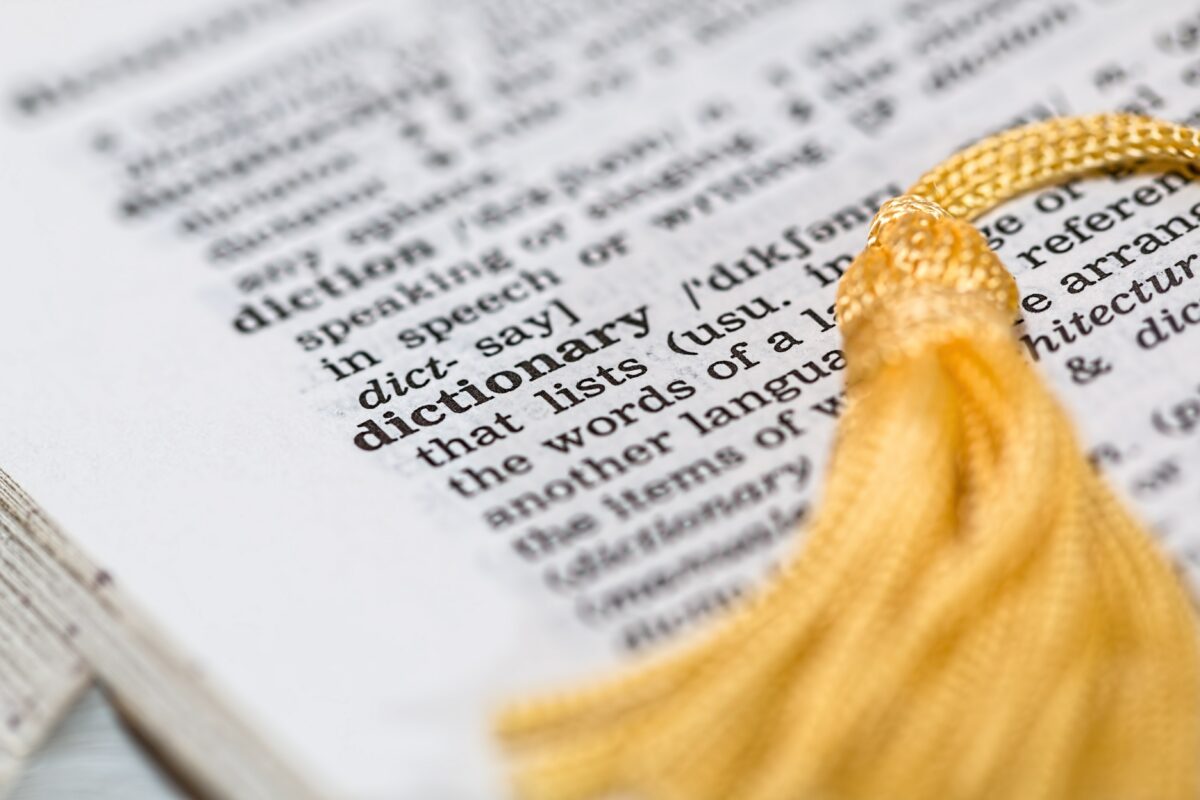Religion, politics, belief systems, etc. are the topics people aren’t expected to talk about in social situations. And there’s a reason for this: Strong emotions can arouse, voices can spike, disagreements can explode into conflicts.
There are several religions, ideologies, and belief systems and there are many adherents of each. Because of the large number of belief systems in this multicultural world, it’s important to learn to connect to those who believe differently.

Sometimes, people who claim to be free thinkers, consider themselves to be the debunkers of false beliefs. Instead of looking holistically and finding a common ground, they focus on how beliefs in a particular religion or culture are illogical, false, or immoral.
The way to a good conversation on beliefs and ideology is humility and sincerity. If you approach the other person intending to understand and not debate, you’ll start a more honest and meaningful discussion. It’s going to make both of you humble, open to each other’s views, and respectful.
But if your goal is to change others, brace yourself. That’s where you can start to be disdainful about the personal views of people. Every human individual has the power of free will. Once a belief is formed, only the individual himself can change it by understanding. No other force in the world can force one to do that. Other people and the environment can only assist him to change if he wants to.

However, despite the different cultures and belief systems that people are tied to, it is possible to express your thoughts and opinions to them.
If human beings never talk about these topics, how will they ever learn? And that’s seen as vital now as we live in a multicultural society and it is ever more aware.
No one wants to fight over beliefs, but it is evident that people still want to support what they believe in.
Forming a belief system begins during childhood. Human beings are shaped by the social climate in which they have grown up. By the age of 10-15 years, every human individual picks up a belief system or a set of beliefs from the culture he was brought up in. We would have a Tarzan if the individual had spent his childhood in a forest.
Human beings need to understand that the ability to change belief systems is one of the most important characteristics of a human being. Modifying or changing a belief system is possible. That is the reason for so many belief systems existing among the 7.5 billion people.

The irony is that we are still to have any belief system that is in alignment with the existential law and can be universally practiced. A belief system in which we do not harm any other human being as well as replenish the earth with more resources than what we deplete it with.
The collective social beliefs that are inhuman and against natural order need to be corrected.
The journey for everyone is from being special to become an ordinary human being with human values. This is very easily possible by believing after understanding, after knowing.
The only limitation with every human being is the acceptance and the willingness to be open to challenge the previously established existing beliefs. Instead of sticking to entrenched beliefs, you have to look for the missing pieces in those beliefs and fill in the gaps.
You need to know all your beliefs and preconceptions and verify and validate them. Once all your false beliefs have been done away with, you will be able to observe and experience life in its totality.
The enlightenment has already dawned and there are global communities who are changing the way of their living. There are many examples of off-grid living and people questioning the existing beliefs.
Hopefully, the new knowledge will make the world a better place for all the 7.5 billion people living on the earth as well as the earth which will continue to maintain the inhabitable environment.
Popular Belief: Relativism says everyone is right or wrong depending upon the context and situation.
Supported by: The article by the Redbus community postulates relativism as the answer to the moral dilemma.
Existential Reality Check: There is a lot of grey area and confusion and uncertainty in reality. Every human individual lives life according to the set of beliefs he has acquired from culture. He grows up from a newborn into an adult with what education and society teach him. He accepts those beliefs to be true and tries to live with them but alas finds them contrary to his native inborn instincts and is distraught.
It is important to align perception with the actual reality of existence. To that end, human beings need to understand what is real, what is a morphogenic field, what is God, what is consciousness, etc. Once these fundamental questions about life are answered a universal tradition will be established.



